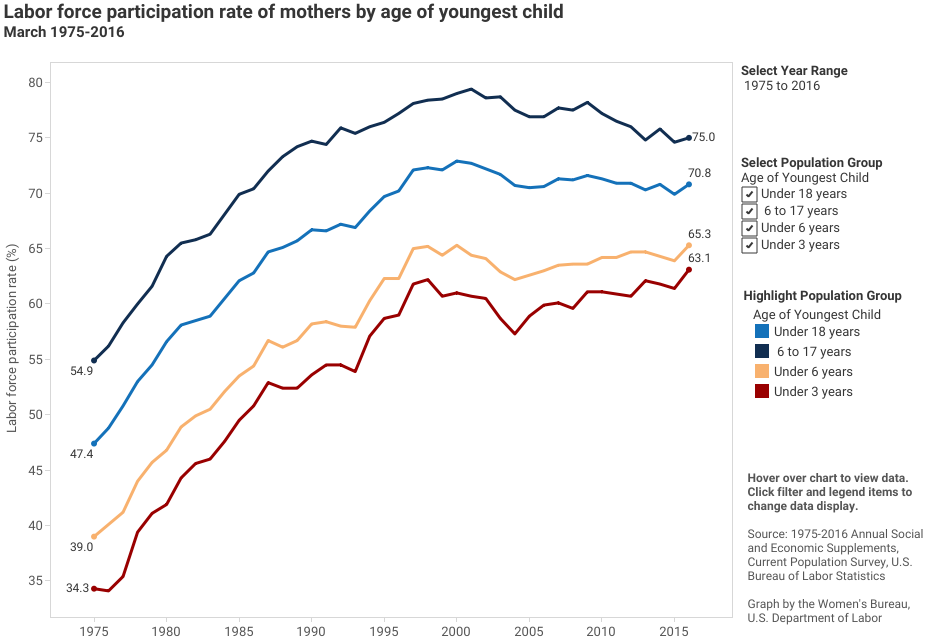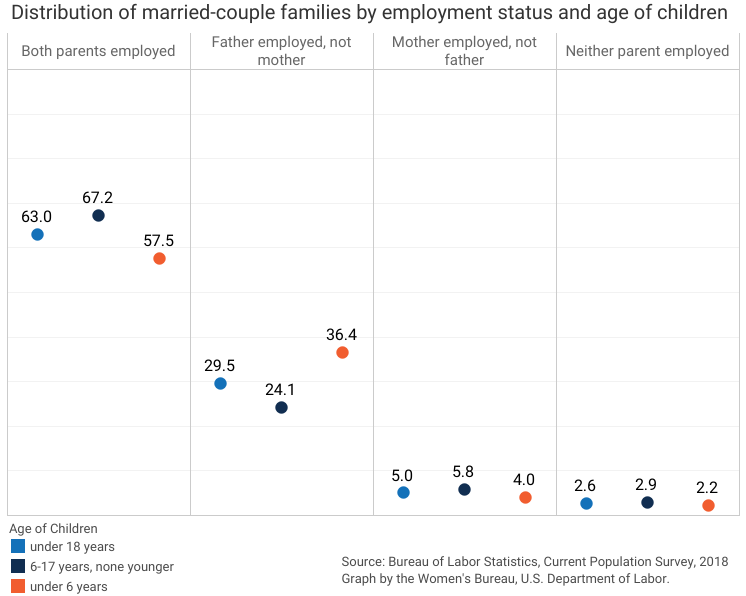When you read “tiny hand cuffs” you may be thinking about small, tight, steel wrapping your wrist.
The truth is, I wanted to give the impression of tiny hands cuffing a wrist.

The term Tiny Handcuffs is a play on the phrase Golden Handcuffs:
[Which] refers to financial allurements and benefits that have the objective to encourage highly compensated employees to remain within a company or organization instead of moving from company to company – Wikipedia
This essay explores the impact that having children will have on a career and, as a whole, observations of parents in the workforce. Having a child dramatically changes your perspectives and responsibilities, in many ways that are hard to convey. In turn, many cautious decisions are made that will have lasting impacts on your career, spouse, children, etc.
To add some personal context — I have two sons: Atlas & Casper, both under two years old at the time of writing this. I love my children. My wife and I are excited to play with them, to teach them and to watch them grow. Eventually, I hope to have more children — so take my viewpoint with that in mind.
Tiny Handcuffs
First and foremost, similar to “The Golden Handcuffs”, Tiny Handcuffs are typically a good thing. Arguably, most parents enjoy the experience of spending time teaching, working with and growing with their children. That being said, there is still the term handcuffs – invoking the image of being captive or “stuck”. Well… that’s true. Having children makes changing jobs or moving more difficult. This often keeps people more complacent and less risk averse.
For individuals, such as myself, who would rather be our own boss solving difficult problems, this can be a challenge. Leaving my job when I find a new problem to solve simply isn’t an option. I maintain my family’s financial security. I have to worry about insurance, medical expenses, new clothes, toys, activities, daycare, etc. Work hours are also limited and frankly children (especially babies / toddlers) have their own schedule.
While it’s still possible to quit my job, that’s a scary prospect. For me, my children are the most important and exciting part of my life. I don’t ever want to jeopardize their health or happiness, so I am cautious in what I do.
With that in mind, it’s crucial to understand why and how children will impact your life. My wife and I had an idea, but I don’t think it’s possible be fully prepared mentally, emotionally and financially. I’ve personally found that since having children, I’ve built an empathy for other parents, have a greater respect for my own parents, and have been humbled myself.
Insights on Finances
In terms of the financial impact, below are some concrete numbers. Specifically, over the past two years my wife and I spend roughly the following, per child:
- Daycare costs: $1300 / month (decent daycare in our area)
- Medical costs: $250 / month
- Misc costs: $150 / month
Total: $1700 / month
It’s important to note that (a) I have good insurance and (b) we’ve had moderate health issues the past couple years. In any case, the above is likely a decent conservative estimate for cost of per child today, at least in the mid-western United States.
Insights on Time
In terms of hours to work, there has been a dramatic shift. For reference, I am what you’d classify a workaholic. I love solving problems and thrive being busy. I don’t really get “burned out,” and also can’t stand sleeping more than six hours a night (I’ve always been like this).
That being said, I do have to sleep, eat and spend time with the family. Luckily, my children, my wife and I function best on a semi-rigid schedule. This makes it easy to plan ahead, estimate delivery deadlines and calculate how I use my time (see below):
Pre-children
- Work: 80 hours / week (5 days a week + nights)
- 45 hrs – 8 hrs / day – day job (8am – 5pm)
- 35 hrs – 4-6 hrs / day – side projects (6pm-8pm, 10pm-1am)
- Sleep: 6 hrs / day
Post-children
- Work: 70 hours / week (5 days a week + nights)
- 42 hrs – 8 hrs / day – day job (8:30am – 5pm)
- 28 hrs – 4 hrs / day – side projects (10pm-2am)
- Sleep: 5 hrs / day
- Kids Awake: 7am – 7pm
- Daycare: 8:30am – 5pm
As you can see, there’s a drop in both sleep and hours of work, most pronounced on side projects. I noticed this has dropped my productivity on side projects somewhat (I’d estimate 33%). My productivity at my full-time job hasn’t noticeably declined and I’m still producing results at the same level (based on deliverables).
To that end, I’ve had to reset my expectations of what I can and cannot do professionally. There isn’t enough time.
Insights on Career Growth
The most difficult adjustment for me is watching my career growth slow. I personally never realized how much time and energy children take. To be candid, I personally have struggled to keep pace with it all and I don’t even have to give birth! Reflecting, prior to having children myself, I could not appreciate the impact having children had on my co-workers. I can’t imagine the toll of carrying a baby to term, giving birth, recovering (which takes many weeks), etc.
My observation (take as you will) is that it takes 18 months to “have a baby” from the time a woman begins to be impacted by pregnancy until the time she is fully recovered.
Vertical Career Growth
What does this mean for career growth? It means months of not working or having difficulty working. I’m lucky and my employer provides me with six weeks vacation a year, plus eight weeks paternity leave (per birth). When my sons were born, I took two weeks before on vacation and four weeks after to help my wife. After which, I could work from home as needed to assist (in any case, I only work five minutes from home).
Unfortunately, taking a significant leave of absence & having an infant means:
- Less time to meet organizational objectives
- Reduced professional growth
- Lack of sleep & energy to make up the lost time
This equates to is a lower probability of promotion and / or raise.
Vertical Career Growth: Mothers
In the case of mothers, many will choose not to return to work until their children are older:

Emotionally and financially, this makes sense. Spending time with your kids, helping them grow, and playing with them is hugely rewarding. Financially, it also may be cheaper than daycare.
This is a particular challenge my wife faces, as she is pursuing a PhD in Neuroscience. While we work together to ensure maximum time with our children, deadlines and objectives don’t change whether or not you have children. This translates to hard work, less sleep, and more stress.
Witnessing & assisting her through these challenges first hand, I can imagine this is part of the reason there are less women in STEM. This was hinted at in a New York Times article: The Age That Women Have Babies:How a Gap Divides America, from the article:
Women with college degrees have children an average of seven years later than those without
I’m extremely impressed with my wife and what she accomplishes, she’s managed to have two kids (so far), while pursuing her PhD. I personally don’t think I could handle it. Unfortunately, the time to obtain a PhD is typically the time most people start a family… I don’t really have a solution for it, but there it is.
Vertical Career Growth: Fathers
In the case of fathers, such as myself, it’s much more likely we will work:

However, even though I work, I don’t work the way I used to. While my wife and I both work, we always try to give our kids as much attention as we can (spending 100% of our mornings, nights and weekends with them). My children are the most important thing in my life; I’m happy to be home. Of course, that means I limit travel and I don’t think about work constantly. In terms of my career, I am in a remote office — that means less time giving presentations to leadership and, in turn, further reduces the possibility of promotions.
For reference:
- Prior to children, I was traveling ten to twelve weeks a year.
- With children, I travel as little as possible, only two weeks this year.
The general point being, that having children could impact your vertical career growth (especially if remote). Although by no means impossible to overcome, having children had a much larger impact than I expected. I also suspect many new parents feel that way.
Lateral Career Growth
Not only will having children have a large impact on climbing the ladder, it makes it difficult to switch jobs.
Moving jobs means risk… What this translates to:
- Starting my own business – Not unless we have a six figure profit...
- Joining an early stage startup – Hell no!
- Joining a mid-sized company – Maybe? Good insurance? Vacation policy?
- Becoming a high paid code monkey – Good benefits, lots of redundancy, sounds good!
Having children doesn’t mean you can’t switch jobs — but if you do, you have to be financially prepared. Joining an early stage startup, for me, would mean a 50% cut in pay, worse benefits, and more reliance on me. If my son is sick and needs to spend two weeks in the hospital, what happens? Is the insurance good enough? What clients have we lost due to my failure to complete my work? What kind of pressure have I put on my team?
Nine-times out of ten, I’m sure I’ll be picking the safe option — at least until my kids are a bit older. This means working for a large company writing code and trying to move up the ladder (with the noted challenges above).
Tiny Handcuffs, Cuff Me
All that being said, I love my children and I plan on having more.
While having children changes your life, it’s almost exclusively for the better.
Ambition doesn’t make you smile, but this does —

Children force you to settle, they also help you to grow. In many ways, it’s a new stage of life: baby, toddler, teenager, adult, parent. Without my sons, I’d be worse off today — less mature and less thoughtful. Having children necessitates constant introspection, as they need you to be responsible and there for them. I hope to be a good father and hope I can meet the challenge they bring, it’s much more exciting, challenging, and rewarding anything else I’ve experienced.
